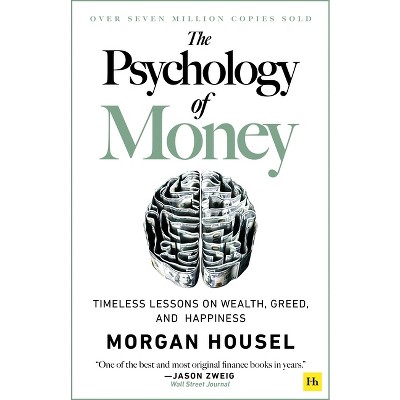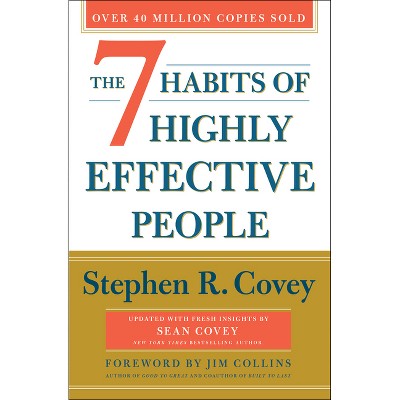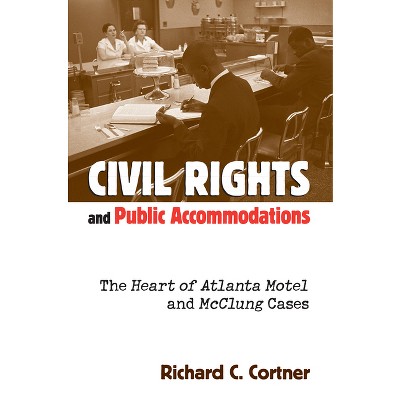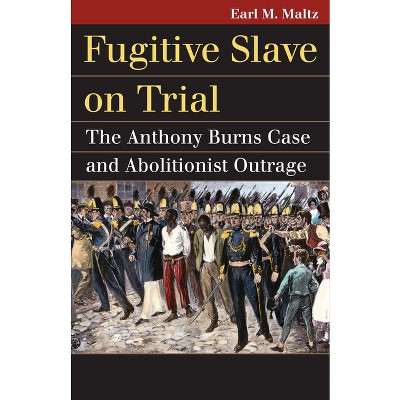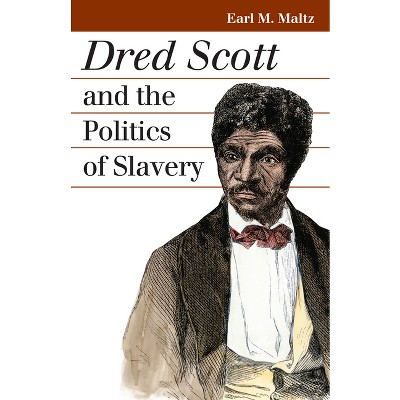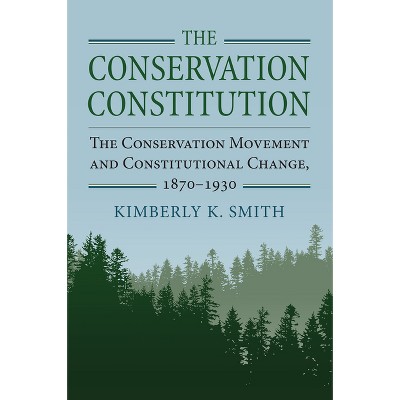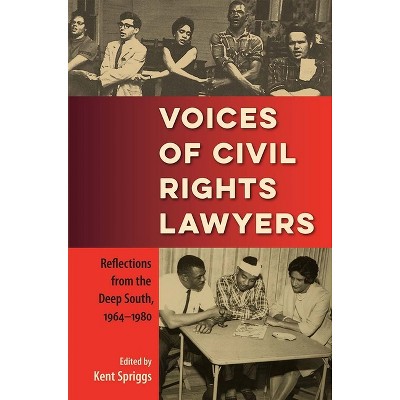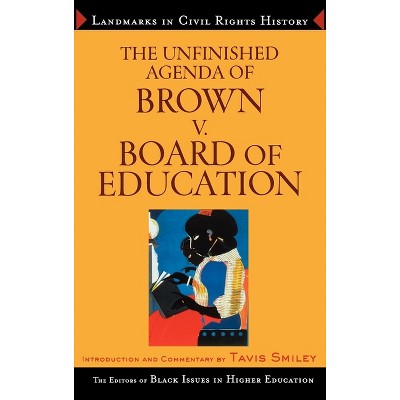Civil Rights, the Constitution, and Congress, 1863-1869 - by Earl M Maltz (Hardcover)

About this item
Highlights
- The thirteenth, fourteenth, and fifteenth amendments are the cornerstone of much of American constitutional law.
- Author(s): Earl M Maltz
- 212 Pages
- Freedom + Security / Law Enforcement, Civil Rights
Description
About the Book
Through a close analysis of legislative proceedings and of the precise language used, Maltz builds a strong case that Congressional actions on civil rights, including statutes such as the Freedman's Bureau Bill, the District of Columbia Suffrage Bill, and the Civil Rights Act of 1866, as well as the thirteenth, fourteenth, and fifteenth amendments of the early Reconstruction era generally reflected the ideology and intentions of the more conservative Republicans. These "moderates" advocated limited absolute equality rather than total racial equality and opposed the undue federal regulation of private and state actions.Book Synopsis
The thirteenth, fourteenth, and fifteenth amendments are the cornerstone of much of American constitutional law. They provide the foundation for the Supreme Court's decisions on issues such as abortion and affirmative action, as well as the authority for a wide variety of important civil rights legislation. It is thus not surprising that the original understanding of those who drafted the amendments remains a hotly debated topic among historians, lawyers, political scientists, politicians, and anyone interested in civil liberties. The so-called Reconstruction Amendments are perhaps the most highly politicized issue in U.S. constitutional history. The textbook understanding of the three amendments is that, collectively, they "abolish slavery and guarantee civil rights and the suffrage to U.S. citizens, including former slaves" (from The New Columbia Encyclopedia, 1975). Much of the debate among scholars centers on the nature of the guarantees and the scope of the civil rights and liberties encompassed by the amendments (particularly Section I of the fourteenth). In this provocative book Earl Maltz provides an important new perspective on the debate. Heretofore most legal scholarship has focused on the drafting of the fourteenth amendment in isolation. Maltz argues that the political dynamic that produced the fourteenth--that is, the voting coalition of Radical Republicans and the moderate, more conservative Republicans--can only be understood by considering the three amendments together. Through a close analysis of legislative proceedings and of the precise language used, he builds a strong case that the civil rights actions (Freedman's Bureau Bill, District of Columbia suffrage, Civil Rights Act of 1866) and the thirteenth (1865), fourteenth (1866), and fifteenth (1870) amendments of the early Reconstruction era generally reflected the ideology and intentions of the conservative Republicans. These "moderates" advocated limited absolute equality rather than total racial equality and opposed the federal regulation of private and state actions. Maltz demonstrates that each of the amendments was carefully drawn with an eye to preserving the basic structure of American federalism with its characteristic emphasis on the need to preserve state autonomy. His conclusion is that currently popular open-ended theories of the fourteenth amendment undermine this autonomy and are thus inconsistent with the understanding of those who produced the Reconstruction Amendments.Review Quotes
"Maltz's carefully crafted book will remain a useful tool for the student of Reconstruction legislation."--Journal of American History
"Admirably researched and skillfully written. . . As historical analysis this concise book has much to offer. It provides a rich picture of political and theoretical interaction during the Reconstruction, and a reasonable theory for more fully assessing the meaning of the Fourteenth Amendment."--Reviews in American History
"An important book, vibrantly argued. It deserves not only to be read widely but to be discussed deeply."--Civil War History
"Maltz has written an important book that deserves reading by all scholars interested in understanding the legal basis of equality in our society."--Social Science Quarterly
"In my judgment Maltz has reached wrong but reasonable conclusions, thereby elevating legal history discourse on questions central to our time and to our society's future. Everyone seriously interested in individual rights will need to read Maltz."--Harold M. Hyman, author of Equal Justice under Law: Constitutional History, 1835-1875
"First-rate scholarship, clearly and compellingly written. This book will reach a wide audience in several disciplines--law, legal history, constitutional studies, history, and political science. . . . I believe it will become the standard work on the subject."--Forrest McDonald, author of Novus Ordo Seclorum: The Intellectual Origins of the Constitution

